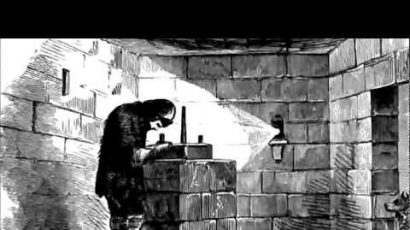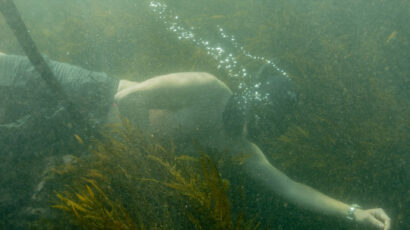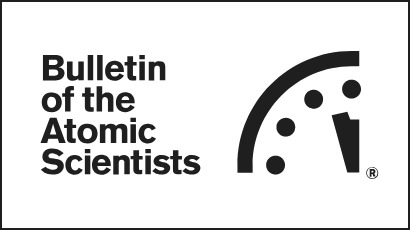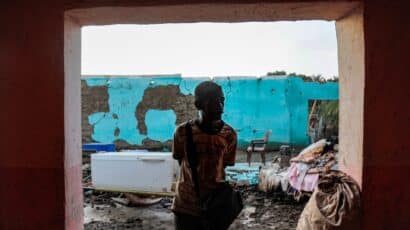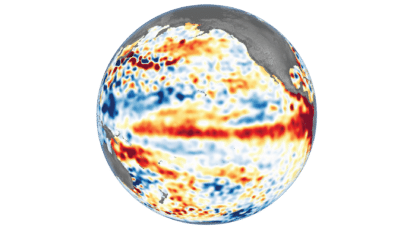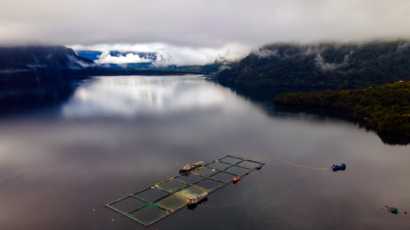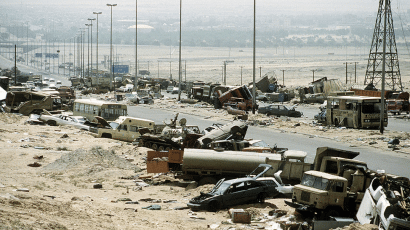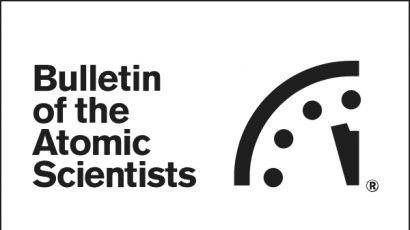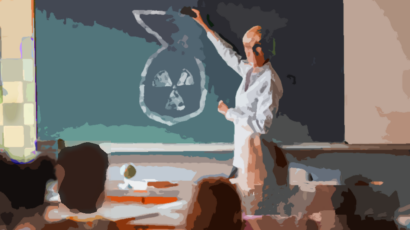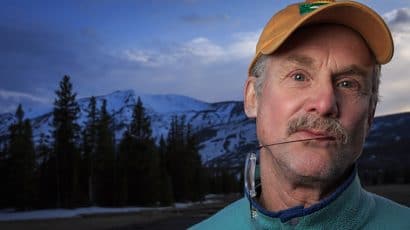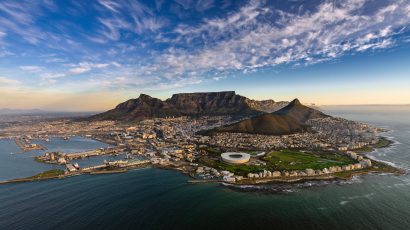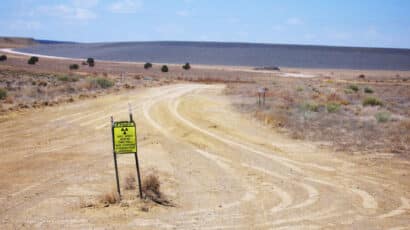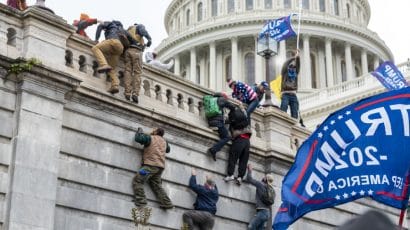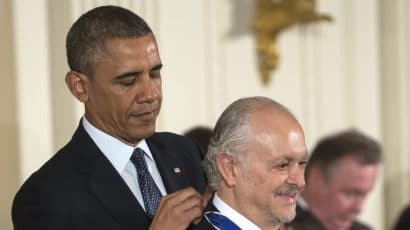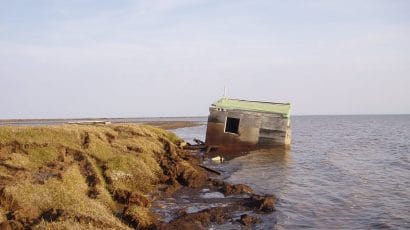Search results for
The underwater Amazon: Kelp forests are crucial to the fight against climate change. Here’s how they could be saved.
Throughout the world's oceans, forests of kelp—crucial to biodiversity, carbon sequestration, and coastal protection—are under threat from climate change, pollution, and human development. Will they disappear before we fully understand their massive environmental benefits?
“Rabbis should grow a spine” — Orthodox Jewish leaders call for response to climate change
Bucking the status quo, Orthodox community rabbis speak out against Trump’s policies
Sudan’s conflict escalates, endangering millions
By | With war crimes rampant throughout the country and little hope for a resolution in sight, the two warlords that have been fighting for national control of Sudan since April show no signs of stopping. Sudan is already one of the most vulnerable and least prepared nations in the world to respond to the … Continued
El Niño increases global health threats that require a One Health response
By | Weekly sea surface temperature patterns in the tropical Pacific. Animation of maps of sea surface temperatures in the Pacific Ocean compared to the long-term average over five-day periods from the end of January to early June 2023. The waters in the key monitoring region, which scientists call “the Niño-3.4 region,” start out cooler … Continued
Patagonian paradise lost? The environmental hazards of farming fish in a warming world
Marketed as a sustainable protein, farmed salmon generates plastic, nutrient, and chemical pollution that threatens marine ecosystems.
War and the environment: The disturbing and under-researched legacy of depleted uranium weapons
There has been a lack of research and education into the effects of depleted uranium munitions on post-conflict communities in Iraq and Syria, and cleanup efforts by both UN member countries and affected communities have failed.
It is 30 seconds closer to midnight
The full text of the Bulletin Science and Security Board 2017 Doomsday Clock statement, which moved the Clock to two and a half minutes to midnight.
How my Gen Z students learned to start worrying and dismantle the Bomb
A life-long opponent of nuclear weapons—raised during the Cold War—reflects on intergenerational lessons about activism, and teaching college students to embrace their curiosity, and their fear, on the way to saving the world.
How it feels to predict a pandemic: Interview with David Quammen, author of Spillover
Eight years ago, author David Quammen interviewed scientists about the possibility of a new pandemic. Their prediction: there would indeed be a new disease, likely from the coronavirus family, coming out of a bat, and it would happen in or around a wet market in China. But what was not predictable was how unprepared the world would be.
Day Zero: Lessons from Cape Town’s crisis
Water expert and MacArthur “genius” award winner Peter Gleick says we can learn much from watching what happens in South Africa. Biggest lesson: The cheapest source of new water is not actually new water.
No justice is possible without studying the injustices of nuclear weapons
In this commentary, Mari Faines considers the effects of colonialism, White supremacy, and racial injustice on nuclear weapons policy.
Trump and violence in 2020: a timeline of incitement
President Trump has peddled disinformation on the most important issues of the last year; here's a look at where it's dovetailed with armed or violent action by his supporters.
Mario Molina: An appreciation from a colleague
Mario Molina was a brilliant scientist, a tireless advocate for the environment, and an inspiring collaborator. He also was a gracious gentleman and a generous friend.
‘We’d have to finish one new facility every working day for the next 70 years’—Why carbon capture is no panacea
Carbon capture and storage, or CCS, has been touted as a way to reduce atmospheric CO2. But how realistic is it to build CCS facilities on a scale large enough to combat climate change?
It is still three minutes to midnight
In keeping the hands of the Doomsday Clock at three minutes to midnight, the members of the Bulletin of the Atomic Scientists Science and Security Board mean to make a clear statement: The world situation remains highly threatening to humanity, and decisive action to reduce the danger posed by nuclear weapons and climate change is urgently required.
Getting evacuations right—in time for the next one
Amid a changing climate, more mass evacuations will be necessary. Let’s try to learn from past mistakes.
The A1 Verse: The limit of the marginal
Something more than journalism, something that approaches … poetry.
Superstorms and the man who saw them coming
It’s sometimes forgotten that in March 2013 the head of America’s Pacific Command said the top security threat in the region was global warming. Simon Winchester thinks it’s worth remembering.
Keeping tabs on nuclear security commitments
How can gift-basket diplomacy be preserved beyond the 2016 Nuclear Security Summit?
